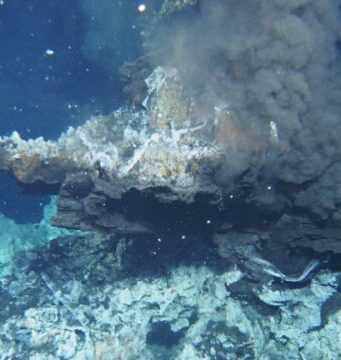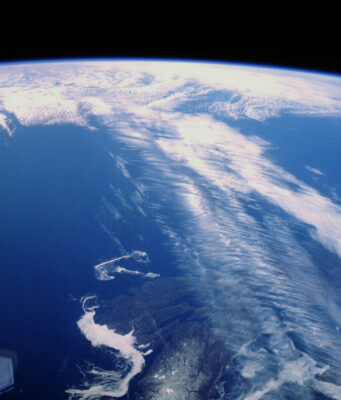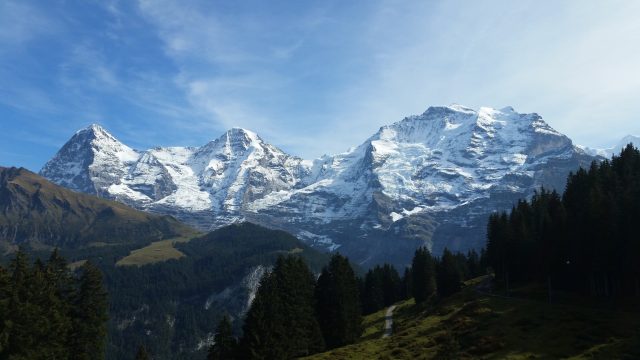813 years of annual river discharge at 62 stations, 41 rivers in 16 countries, from 1200 to 2012. That is what researchers at the Singapore University of Technology and Design (SUTD) produced after two years of research in order...
Around 120 million years ago, the earth experienced an extreme environmental disruption that choked oxygen from its oceans.
Known as oceanic anoxic event (OAE) 1a, the oxygen-deprived water led to a minor -- but significant -- mass extinction that affected...
Underwater excavation, borehole drilling, and modelling suggests a massive paleo-tsunami struck near the ancient settlement of Tel Dor between 9,910 to 9,290 years ago, according to a study published December 23, 2020 in the open-access journal PLOS ONE by Gilad Shtienberg,...
In a new study of tidal marsh resilience to sea level rise, geologist and first author Brian Yellen at the University of Massachusetts Amherst and colleagues observed that Hudson River Estuary marshes are growing upward at a rate two...
It may not be very well known, but the Arctic Ocean leaks enormous amounts of the potent greenhouse gas methane. These leaks have been ongoing for thousands of years but could be intensified by a future warmer ocean. The...
The last million years of Earth history have been characterized by frequent "glacial-interglacial cycles," large swings in climate that are linked to the growing and shrinking of massive, continent-spanning ice sheets. These cycles are triggered by subtle oscillations in...
A new study from scientists at Scripps Institution of Oceanography at UC San Diego and the University of Chicago sheds light on a hotly contested debate in Earth sciences: when did plate subduction begin?
According to findings published Dec. 9...
When plants absorb this gas to grow, they remove it from the atmosphere and it is sequestered in their branches, trunk or roots. An article published today in Science shows that this fertilizing effect of CO2 is decreasing worldwide, according to the...
For the first time in history manmade materials now likely outweigh all life on Earth, scientists said Wednesday in research detailing the "crossover point" at which humanity's footprint is heavier than that of the natural world.
The weight of roads, buildings and...
An international team of geologists, headed by members of the University of Bern, has shown for the first time that the Swiss Alps are being lifted faster than they are being lowered through erosion—and are thus growing even higher....
The three largest glaciers in Greenland—which hold enough frozen water to lift global sea levels some 1.3 metres—could melt faster than even the worst-case warming predictions, research published Tuesday showed.
Until 2000, the main driver of sea level rise was...


















